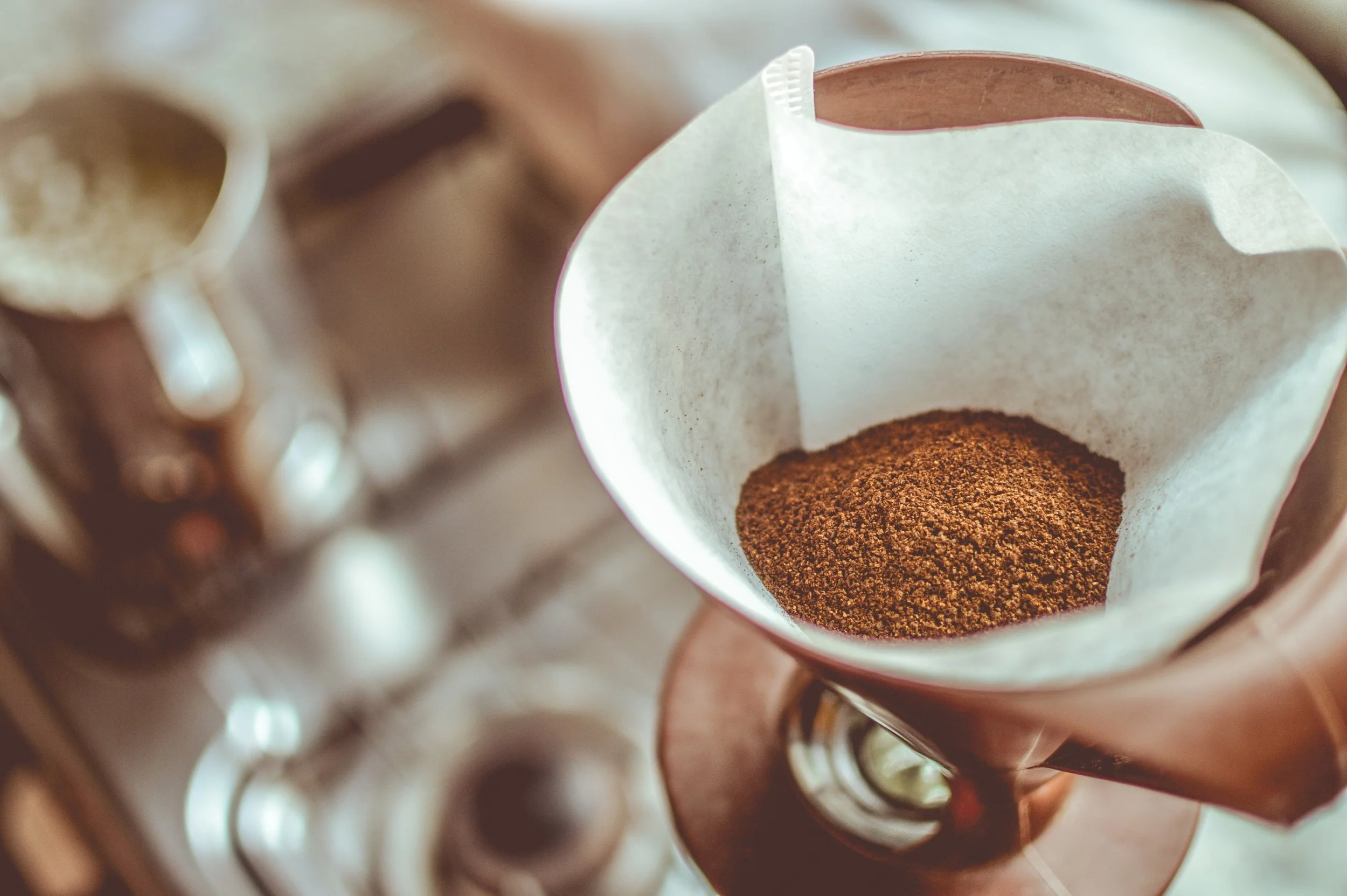Characterisation and extraction of valuable components from marine growth
There’s limited knowledge about the potential value of marine growth on decommissioned offshore assets. CessCon Decom wanted to characterise the nutritional composition of the marine growth and assess the feasibility of extracting valuable components.
Biocatalytic routes to generate cancer chemotherapy pharmacokinetic tools
This project with NuCana and the University of St Andrews aimed to find a way to make cancer treatments safer and more efficient via a new technology to improve the bioanalysis of samples.
Biocatalysis to generate next generation Protides
Innovation funding of £100k from IBioIC enabled NuCana to work with Dr Czekster at St Andrews University on a project to combine organic synthesis and biocatalysis to generate completely novel ProTide compounds with possible activity as anti-viral or anti-cancer agents.
Improving the sustainability of resins and films with natural lignin derived from biomass residues
Lignin is a material obtained from woody biomass, such as forestry waste suitable for a range of applications. Sonichem wanted to investigate the feasibility of using their natural lignin in the production of advanced, bio-based and sustainable films and resins in packaging and composite manufacturing.
Separation of Organic Platform Chemicals from Spent Lees
Successful project to assess the feasibility of extracting platform chemicals from spent lees delivers a valuable new feedstock, a bespoke analytical tool, additional product streams and evidence to substantiate the company’s green credentials.
Using biology to recycle critical metals contained in spent LI-ion batteries (LIBs) from electric vehicles
Successful collaboration between FlexBio and the Edinburgh Genome Foundry demonstrates potential impact for future projects.
Conversion of sewage sludge into biochar: Wastewater treatment potential and re-use on land
The success of this project provides opportunities for Scottish Water and Scottish Water Horizons to circularise a process for disposing of Human sewage sludge and cleaning wastewater of phosphorus. The project will contribute to Scottish Water’s commitment to Net Zero by 2040.
Proving the utility of a stably replicating neo-chromosome for engineering pathways in Pichia pastoris
The technology developed in this successful Innovation Fund project could enable Ingenza to identify additional commercial opportunities to expand their current P. pastoris biologics manufacturing platform and attract new commercial end-user partnerships.
Creating the next generation of Lithium Ion Batteries (LIBs) from Sustainable Seaweed Polymers
This successful project has moved SV alginate anodes for use in Lithium-ion batteries from proof of concept to late TRL 4 . MBL now hope to deliver commercial solution to market within the next three to five years.
A Feed of the Future: Optimising phytoplankton cultivation, composition, and digestibility
This project assessed the effect of growth media formulation and time of harvest on the growth rate, biochemical composition, and digestibility of a selection of phytoplankton maintained at CCAP, and identified two strains of commercial interest.
Investigating the use of daffodil extracts to treat heart failure
in this project co-funded with the High Value Biorenewables Network, the team successfully developed a process to extract alkaloids from daffodil biomass which could be used in the treatment of heart failure and are now in a position to apply for investment to take the process forward at scale in Scotland.
Producing broad spectrum antiviral therapeutics from cyanobacteria
In this successful Feasibility Project, the project partners identified antiviral therapeutics that can be extracted from cyanobacteria, and gained leverage for additional funding, training opportunities, and developed new methods for fractionating and purifying polysaccharides.
Optimising bacteria production and storage for field-scale application of a new biomineralization technology in ground engineering
Innovation funding enabled the academic team on this project to optimise their bacteria growing process and gave BAM Ritchies an insight into new opportunities, with the project collaborators set to continue to work together beyond the project.
Coffee waste as a source for bioenergy productions
This Feasibliity project by Artisan Roast, University of St Andrews, and Energy Recovery Systems Ltd demonstrated that coffee grounds are a profitable replacement for wood as a source for bioenergy.
A novel plant enzyme for enhancing the viscosity or hydrophobicity of cellulosic materials
Proof of concept was achieved in this Feasibility project to improve the strength and water repellent properties of Cellucomp’s paper-based packaging materials.
Improved paclitaxel yields in a biomanufacturing platform
Innovation funding from IBioIC enabled the project partners to test a new strategy to elucidate the natural production mechanisms used by Taxus brevifolia, also known as the Pacific Yew, and engineer them in faster growing plant cells, and propelled Green Bioactives technology readiness level from 3 to 7.
Determining cell culture-based biomanufacturing yields of a valuable secondary metabolite
In this successful project, Green Bioactives were able to access equipment which enabled them to detect their desired products and they can now further develop their cell lines and apply for funding to develop this aspect of the business.
IBioIC funded RSE Enterprise Fellowship enabled entrepreneur to develop the commercial aspects of new business
Dr Stuart Hannah was able to undertake training through the RSE EF which helped him take the business from spinout proposition to fully-fledged incorporated company supported by early stage funding from private VCs
Production of lateral flow diagnostic kits using gold nanoparticle adsorption to antibodies
The Antibody Company (TAC) has expertise in point of care diagnostics for the aquaculture and brewing industries, which both suffer significant product losses. Current diagnostics for these industries are prohibitively expensive and take too long allow immediate mitigation. TAC combined their expertise in antibody design and production with Dr. Mulheran and his team’s skills in antibody conjugation to design a cheap and effective lateral flow device (LFD).
Reducing the environmental impact of pharmaceutical production
In this project funded by our Spin Out support programme, XGenix developed a high throughput assay to rapidly screen enzymes.




















